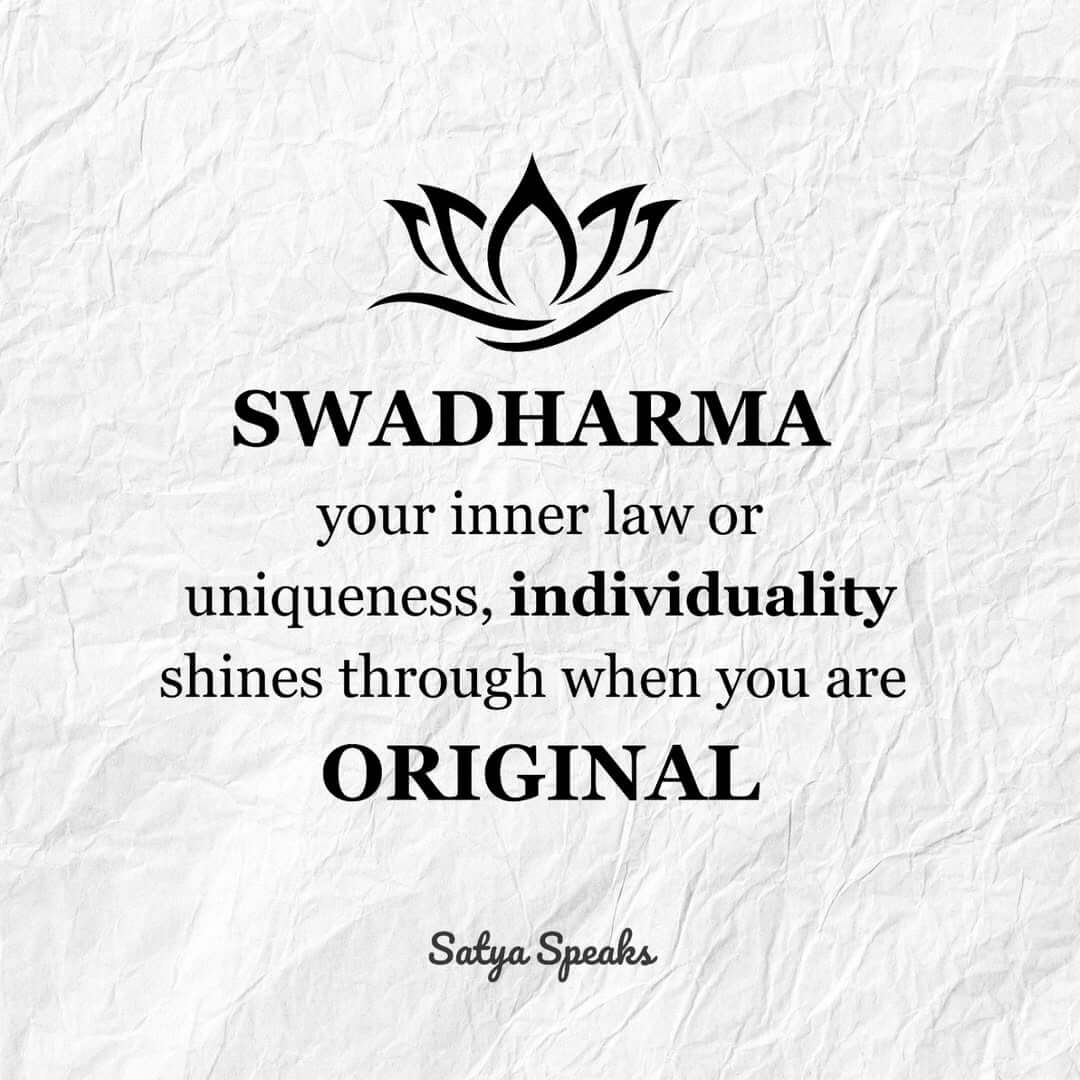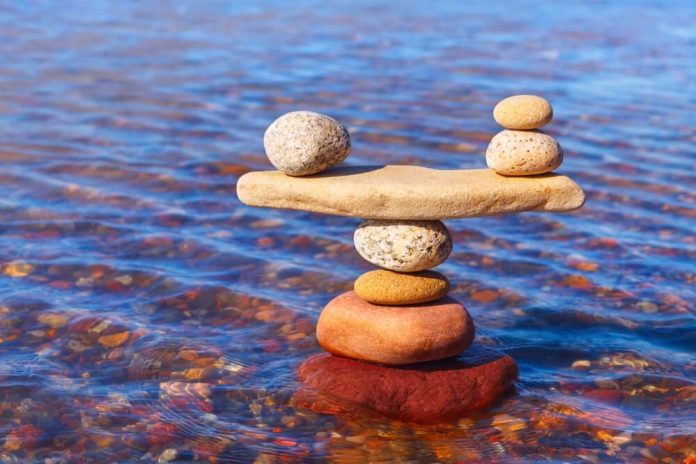The other day I had a luncheon tete-a-tete with a lovely old friend, after a long hiatus, given his busy schedules. He was a pioneering market researcher and fairly well known in elections analysis. On being asked about his typical day at this stage of his life, without much ado and nonchalantly he said he keeps himself busy doing nothing. Now, that’s a beguiling one. I know for a fact that he has led an extremely busy life and continues to do so even today. Besides his active election engagements, he is busy putting his house in order and paper work in place to let his legatees have a peaceful enjoyment of his estate, if one may call it that. As a singleton, he is conscious of his self-dependence and tries to maintain his health on an even keel, especially after the scare of an uninvited guest in cancer which fortunately did not overstay, given his steely resolve and pugnacity. An admirable focus and hard work indeed at an age when he does not need to work for a living at all. Passion can do wonders.
It’s then laughable and bemusing to hear about the trenchant and excoriating reactions, primarily from the younger generation in the workforce, to the averments and exhortations of a 90 hours or 70 hours work in a week by a successful chief executive of an engineering giant and a famed tech entrepreneur. Quite obviously, to anyone aware of their trajectories, these stalwarts’ storied successes are attributable to their real long and hard work for years right from their younger days. Clearly both were alluding to the need for enhanced productivity in an ethos of ‘atmanirbhar’ India. It’s no gainsaying the fact that our country fares poorly on productivity metrics. Perhaps, the comment ‘how long can you stare at your wife’ was inappropriate, but then it got twisted out of context and the ruckus that followed ensured missing the woods for the trees; the spirit was lost and the letters ruled. This is not to disregard the responsibility of corporates to pay commensurately if they expect people to live out of office and not merely work out of office. Having said that, everything getting served on a platter and government doles and freebies and the greed for quick fixes is seeing an impatient youth unwilling to work hard for a living, but grow in life at double quick time.
I cannot but help recall my own growing up days. I started working in a CA firm at 16, immediately after my matriculation and the last of a short annual ‘native place’ holiday. From a demanding mentor and a perfectionist who hewed and shaped me in my formative years, from attending morning sessions in colleges and working long and hard through the day serving the clients’ needs ( they could put QSRs to shame ) incessantly was draining to say the least, but it was the best training that I could have got. This foundational development and exposure to hard work and diverse experiences held me in good stead across my subsequent corporate journeys and resulted in career successes which I am happy with. The work life balance, that one clamours for and is important, was something that one consciously weaved into the weft of family life, as best as possible. After all cribs never get anyone anywhere; ask the go-getters and successful people.
A young private bank executive, nudging 30, had come to meet me the other day evening to complete the much-detested periodic KYC for my bank account. She had joined as a trainee and an eight-year stint had seen her rise up the ranks and manage client relationships, a crucial job in a bank, who have the eternal challenge of raising deposits to survive as traders of money. On an average, she puts in about 10 to 12 hours everyday in a demanding organisation. She was in a rush to head back to her office to complete other assignments in her list before she could call it a day. She was sanguine about it and accepted it as a way of life in the interest of survival and sustenance in a harsh world. Her friends, be it in law firms or audit and accounting firms or consultancy firms or medical practice or in the manufacturing and trading sector, the story is no different. If you have to stay in the game you have to deliver day in day out. If anyone has a peek into the startup world, they will be amazed at the tenacious and sedulous founders, 24 hours is not enough for them. Competition and challenges are not just for companies; they are as much true for us as players in the game who keep the economy churning and turning. At any point in time and at any stage in life, getting a job is a relief, retaining it is tougher and only true grit can help you sow and reap in the field of life.

Many would be aware of Ikigai, the Japanese concept to a long and happy life. Simply put it is about finding your reason to live and get out of bed every day. It is about what you love, what you are good at, what the world needs from you and what it is willing to pay you for. It’s about finding your purpose, letting your passion and skills lead you, staying strong in the face of stress and hardships and a whole lot of other factors of life which can lead to well-being and happiness. Ikigai is no different from tenets in other cultures and countries. In our own backyard, which most youngsters or for that matter elders too do not take the trouble to understand, we have the concept of ‘swadharma’, encapsulating dharma, karma, seva and bhakti, as a guiding principle to lead a fulfilling life. The German word ‘berufung’ refers to a person’s vocation or career path as the true purpose of life. The commonly used French word ‘raison d’etre’ is about your reason for existence and what gives meaning to your life. Other countries too have their own similar philosophies; the world was indeed a village long before it was envisioned as one by technological advances and development.

Come to think of it. In the hoary past, there was no system of structured holidays that has become de-rigueur now. There was no Sunday or a second or fourth Saturday holidays. One worked all days. One celebrated important days and religious festivals. One prayed or visited temples as and when they felt like. One went on family holidays. The armies or the legions were on constant standby to protect turf and face wars. Purpose was paramount, everything else was secondary. The call for less working hours and more holidays has taken a precedence at the cost of meaningful conversations on productivity and the larger good of the society and the country. Rights have sidelined duties. Its all about I, me and myself.
If our larger purpose, as a society, is happiness and well-being in life, it is all about collectively living by the principles of ikigai and swadharma, regardless of the age or stage of life. I don’t have a clock on my desk, but I do keep a watch on my purpose which keeps me occupied 24 hours a day.








